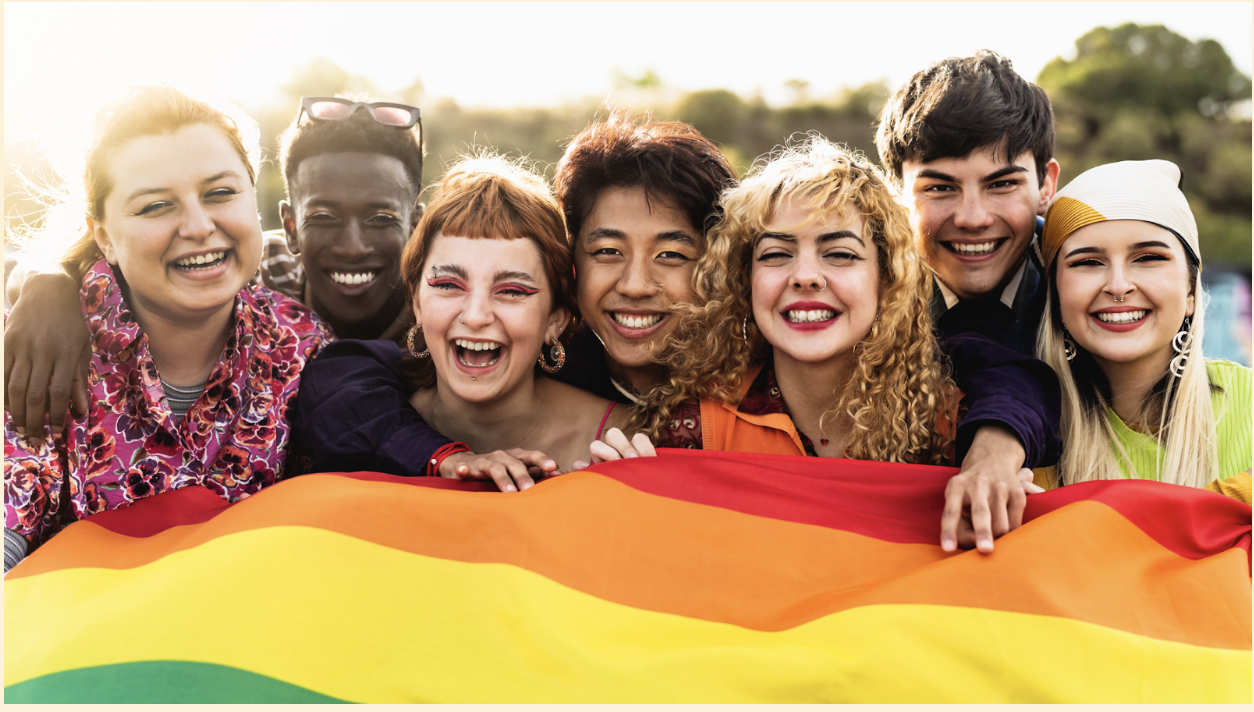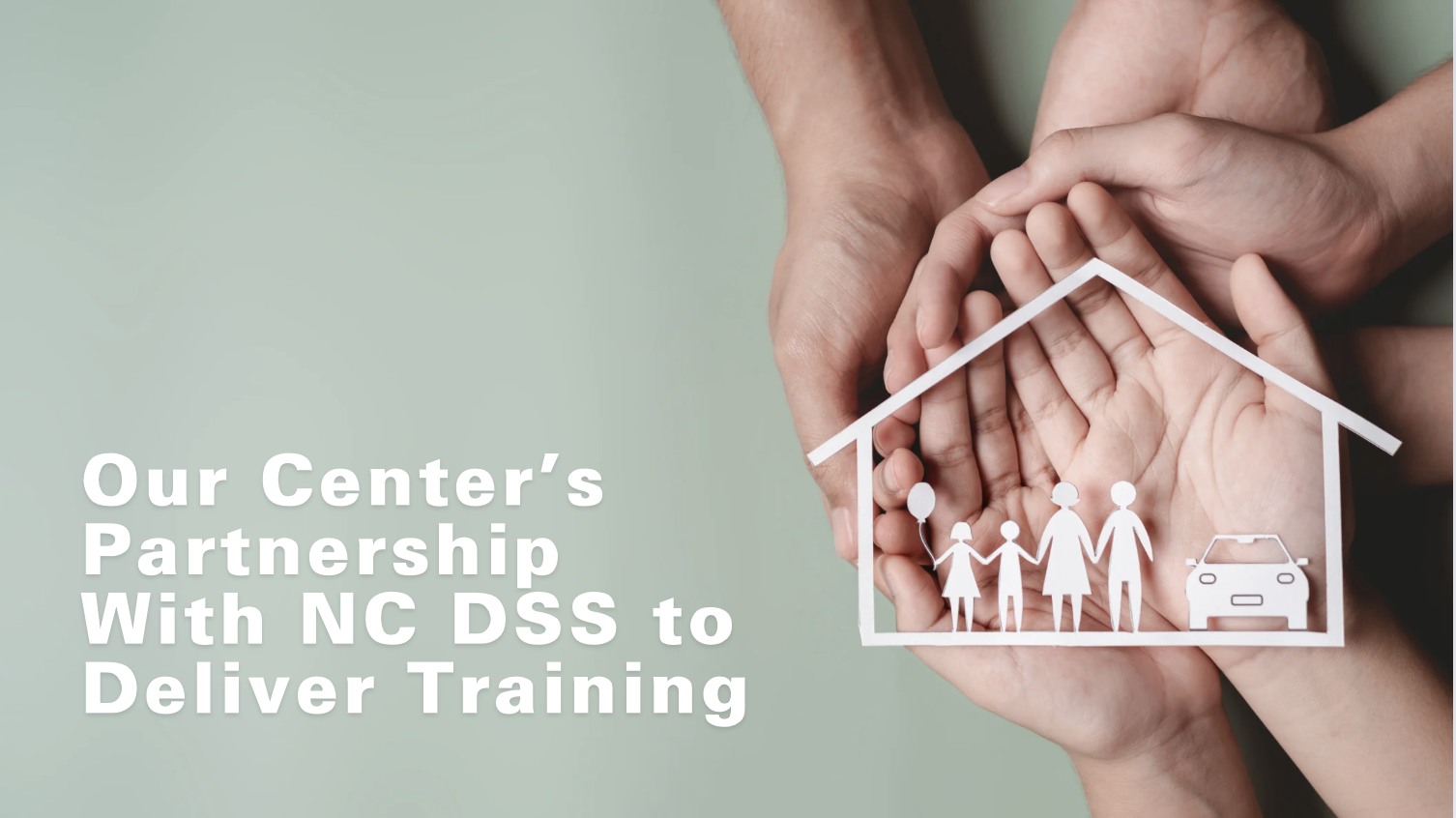Strengthened Protections for LGBTQI+ Youth in the Foster Care System
By Anne Doyle

*This website story is based on the Human Rights Campaign’s Press Release from April 29, 2024 written by Delphine Luneau.
On April 29, 2024, the final rule from the United States Department of Health and Human Services (DHHS) directs that state and tribal agencies across the country must “fully implement existing protections for LGBTQI+ youth in foster care” (Luneau, 2024).
These protections for LGBTQI+ were proposed by the Children’s Bureau of the Administration for Children and Families, a division of Health and Human Services, in September 2023.
The Human Rights Campaign (HRC), which is the largest civil rights organization for LGBTQI+ individuals, provided a response from HRC’s Vice President of Government Affairs David Stacy:
“Children in the foster care system face a lot of uncertainty, and LGBTQI+ children even more so. No child should worry that if they share their sexual orientation or gender identity that they’ll lose their ability to have a safe home, or be subjected to discrimination, harassment, or even the abuse of discredited ‘conversion therapy’ efforts. LGBTQI+ young folks, like all young folks, deserve safe and stable out-of-home care and these rules will help to ensure that they get it. We commend the Biden administration for this important work to address the disproportionately negative experiences that LGBTQI+ youth currently experience in our foster care system.”
The Administration for Children and Families (ACF) dictates “in this rule that all placements must be safe and appropriate for all children, including LGBTQI+ children, and it specifically requires that the agency receiving the federal funds must ensure that family placements are free from harassment, mistreatment, and abuse, including on the basis of sexual orientation and gender identity” (Luneau, 2024).
Overall, this is an amazing step forward for LGBTQI+ youth in the child welfare system. Furthermore, it is amazing to see the child welfare system expand inclusivity efforts and continue to protect those who may be more vulnerable. In addition, specific training may be required for LGBTQI+ placements (Luneau, 2024). So, this is an opportunity for our Center to highlight our on-demand training that helps to support LGBTQI+ youth: “Learning to Support LGBTQ Youth in Substitute Care.” This online training offers a basic foundation of knowledge on sexual orientation, gender identity, and gender expression.
Youth in foster care are in especially unique positions and need extra support and affirmation. Furthermore, they may be more vulnerable to mistreatment. Accordinging to the National Center for Lesbian Rights’ report “LGBTQ Youth in the Foster Care System,” many LGBTQ youth in the foster care system experience harassment and abuse due to their sexual orientation or gender identity.
To learn more or register for this training, please visit our website.


